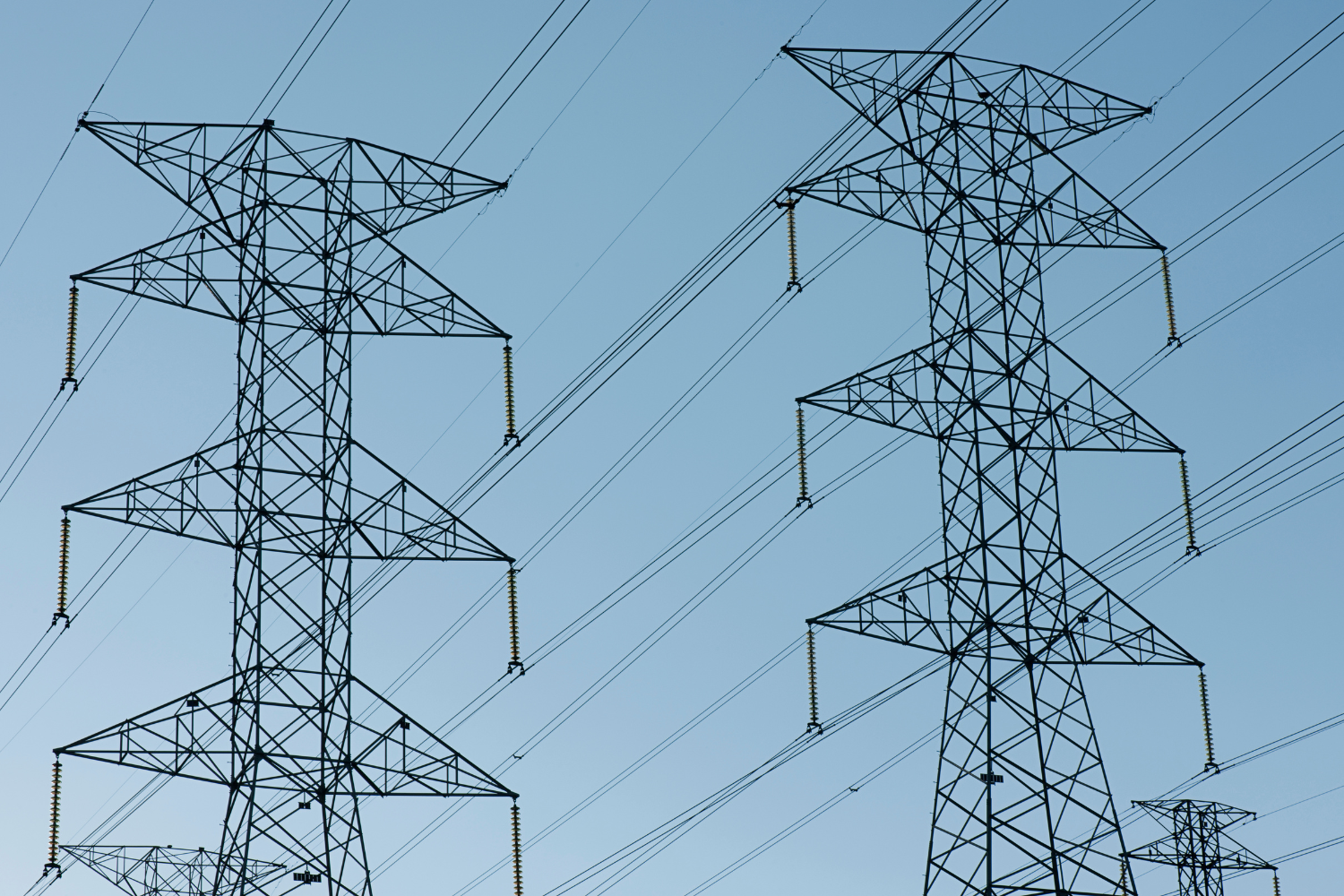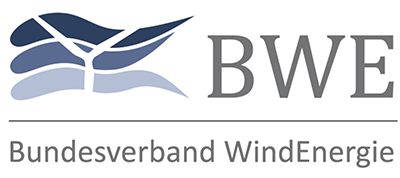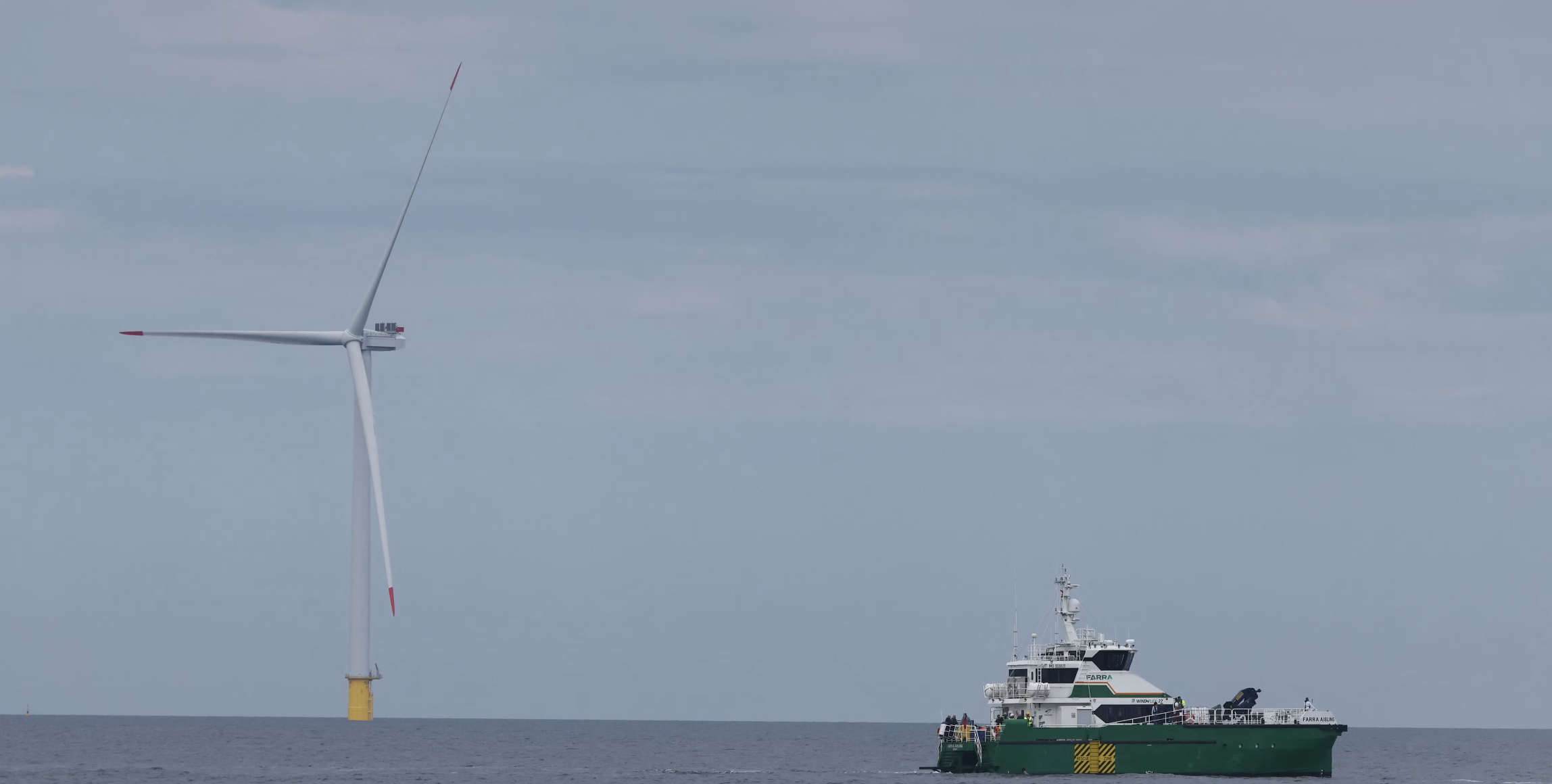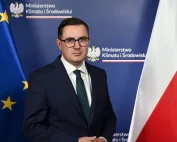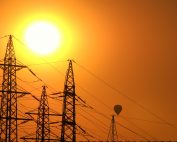The electricity transmission system operators (TSOs) of the nine Baltic Sea Region countries will continue to cooperate actively to ensure the reliability of the region’s electricity supply, the implementation of the project to synchronise the Baltic electricity grids with continental Europe and to develop the future energy system for large-scale offshore wind power. This decision was taken by the CEOs of Latvia’s Augstsprieguma tīkls, Lithuania’s Litgrid, Estonia’s Elering, Denmark’s Energinet, Finland’s Fingrid, Sweden’s Svenska kraftnät, Norway’s Statnett, Poland’s PSE and Germany’s 50Hertz at the Baltic Sea Region TSO CEOs meeting in Stockholm on 8 December.
“The security of energy supply and the development of the energy system in the Baltic Sea region is a shared responsibility of all electricity transmission system operators in the region. I am pleased that the annual meeting of TSO CEOs has strengthened the successful cooperation so far. There is an active exchange of information on the energy supply situation and the implementation of the final phase of the project to synchronise the Baltic electricity grids with Europe, as well as continued joint work on the development of the region’s power system for large-scale offshore wind power. At the same time, the operators are committed to continue to address the region’s challenges in a united manner,” says Rolands Irklis, Chairman of the Board of Augstsprieguma tīkls AS.
Compared to last winter, this winter Europe as a whole will have sufficient electricity supply capacity to meet consumption, with only some remote areas more isolated from the grid – Ireland, Malta, Cyprus – facing risks of capacity shortages. The Baltic Sea region is also confident about the security of supply during the cold season, according to the Winter Outlook 2023-2024 of ENTSO-E, the European Association of Transmission System Operators. Although the availability of natural gas for power plants in the coming winter is assured, several alternative natural gas supply routes have been created in the region, the damage to the gas pipeline between Estonia and Finland has no critical impact on security of supply, the Baltic market has fully adapted and can live without electricity imports from Russia, but the risks of damage to critical infrastructure remain. Therefore, the TSOs of Latvia, Lithuania and Estonia continue to continuously monitor the power system and keep their action plans ready, and all TSOs in the Baltic Sea region are committed to helping each other in case of need.
At the same time, the leaders of the region’s TSOs have jointly confirmed their readiness to support the implementation of the most ambitious energy independence project in the Baltics – the complete switchover from the Russian unified energy system to the European energy system. Synchronisation with the European grid is planned for February 2025, with all transmission lines to Russia and Belarus disconnected. The synchronisation project will fundamentally change the Baltic power system and will bring significant long-term benefits, increasing the energy independence of the Baltic States, promoting integration into the single European electricity market and ensuring access to a wide range of suppliers of electricity and power system balancing reserves under highly competitive conditions, which is the basis for energy security, and synchronisation will provide the opportunity to completely restructure the management processes of the Baltic power system in line with European standards.
The TSOs in the region will also continue to work together to develop the future power system for large-scale offshore wind. With the involvement of TSOs, the first Baltic Sea Basin Offshore Grid Development Plan has been developed and will be published in January 2024.
Source: Augstsprieguma tīkls
